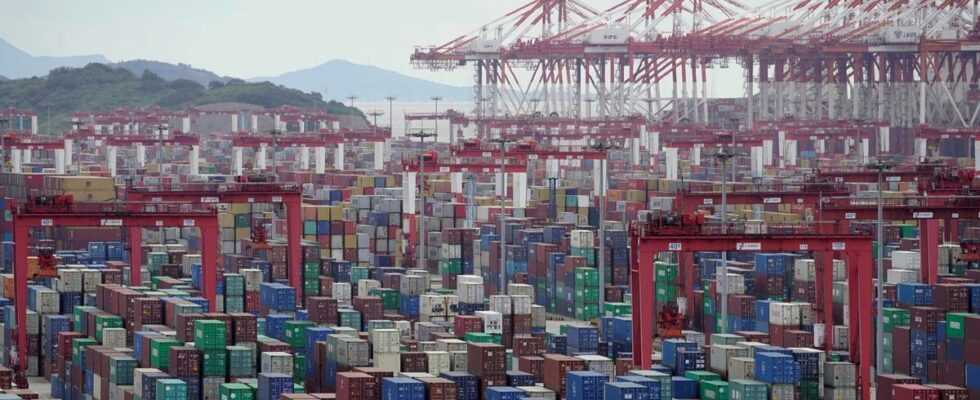Tariffs put in place in 2018 on imports from China could automatically expire on July 6 if no American company asks to maintain them, the Biden administration announced on Tuesday, which has launched a consultation process. In total, the tariffs, put in place under former President Donald Trump, concern the equivalent of 350 billion dollars of annual imports from the Asian giant. The former Republican president had taken these measures in retaliation for Chinese business practices deemed “unfair“.
Read alsoUS lawmakers call for tariffs on China to be lifted
The consultation led by the services of the United States Trade Representative (USTR) comes against a backdrop of record inflation and supply problems. The main employers’ federation (US Chamber), companies as well as international trade experts have been calling for months to reduce or even eliminate these duties, stressing that they severely affect small businesses which do not have sources of supply. alternative. “The first step in the process is to inform the representatives of the domestic industries that benefit from the tariff measures of the possibility of terminating these measures and of the possibility of requesting their continuation.“, explained the USTR in a press release. “If we do not receive a request (…), we will not have the authority to continueto impose these customs tariffs whose duration is four years, underlined an official of the USTR during a conference call. “Some 600“notifications will be sent to manufacturers, said another official.
Read alsoWashington renews punitive tariff exemptions on Chinese imports
USTR clarified that it must notify them within 60 days of the automatic expiration. And its officials added that the duration of the procedure will depend on the number of responses received. These duties had been imposed under Section 301 of the United States Trade Law on Technology Transfer, Intellectual Property, and Innovation Practices. “If one or more continuation requests are submitted, the USTR will issue a supplemental notice after July 6 announcing continuation of tariff action and conduct a tariff review.“, also indicated the American administration. In other words, if customs tariffs were maintained, they could undergo modifications. In the fall, USTR had already started procedures to exclude certain products.
